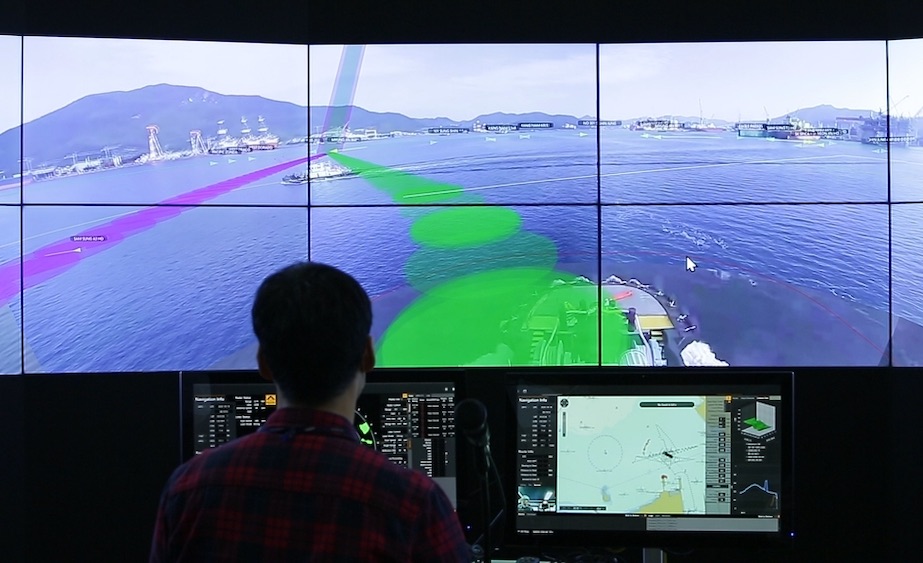Advancing Maritime Safety with Autonomous Systems

The maritime industry is on the brink of a technological revolution. Autonomous systems promise to reshape how ships operate, enhancing safety and efficiency. Professor John McDermid, director of the Centre for Assuring Autonomy, highlights the potential benefits and challenges of this shift. As the industry moves toward greater automation, it faces both opportunities and hurdles that must be navigated carefully.
Enhancing Efficiency and Safety
Autonomous systems can significantly improve the maritime industry. One of the most notable benefits is their potential to aid in decarbonisation efforts. By optimizing routes and determining the best times to switch fuels, these systems can reduce fuel consumption. This reduction not only lowers operating costs but also decreases the price of goods transported by sea. Consumers stand to benefit from these economic advantages. However, the transition to these technologies is not without challenges. The initial costs of implementing autonomous systems can be high, and the economic benefits may take time to materialize.
Moreover, the maritime sector has long struggled with staffing and recruitment issues. Autonomous systems can help address these challenges by allowing vessels to operate with smaller crews. Fewer personnel on board means reduced risk during voyages. However, ensuring the safety of these autonomous capabilities remains a significant challenge. The Global Maritime Trends report by Lloyd’s Register and Lloyd’s Register Foundation emphasizes that even with automation, crews will still be necessary for safety reasons. While automation may initially slow the growth in the number of seafarers needed, global collaboration in trade can help prevent job losses. Ultimately, the goal of autonomy is to enhance safety for employees, allowing them to focus on maintaining ships effectively.
Navigating Regulatory Challenges
The introduction of autonomous systems in maritime operations is complicated by varying regulations across sectors. Different organizations are developing standards for AI verification and validation in autonomous vehicles. In the maritime sector, the International Maritime Organization (IMO) has been working on regulations for autonomous ships. However, the large membership of the IMO often slows progress.
To expedite the introduction of maritime autonomy, individual nations are creating their own regulations. While governments and international bodies typically lead these efforts, organizations like Lloyd’s Register Group in the UK and Det Norske Veritas in Norway are also providing guidance on software and autonomous function assurance. This guidance is crucial for ensuring that autonomous systems are safe and reliable. As the industry evolves, it is essential for stakeholders to stay informed about these regulations and adapt accordingly.
The Centre for Assuring Autonomy (CfAA) has been at the forefront of developing systematic approaches to ensure the safety of AI and machine learning components in maritime operations. Their work includes creating tools like SACE for systems and AMLAS for machine learning components. These tools help safety engineers assess and demonstrate the safety of AI systems, linking this information into a coherent safety case.
Ethical Considerations in Deployment
The deployment of AI and autonomous systems in the maritime industry raises important ethical questions. Discussions often focus on potential harms, such as loss of life or environmental damage. For instance, if a vessel delays switching from high-sulphur fuels to cleaner alternatives, it could cause significant pollution and result in fines for the shipowner.
However, the scope of these discussions should extend beyond immediate operational risks. It is essential to consider the entire lifecycle of maritime infrastructure, including the working conditions of those involved in AI development. Workers who label training images for AI often face poor conditions that can harm their health. Key questions arise about managing incidents without risking rescue crews and ensuring safe maintenance of autonomous vessels.
Addressing these ethical issues is crucial for minimizing operational risks. As new technologies emerge, the maritime industry must continuously review its approach to responsible and ethical innovation. The CfAA is collaborating with industry stakeholders and regulators to provide impartial advice, ensuring that the deployment of autonomous systems is both safe and ethical. This collaborative effort will help shape a future where technology enhances maritime safety and efficiency while protecting the well-being of all involved.
